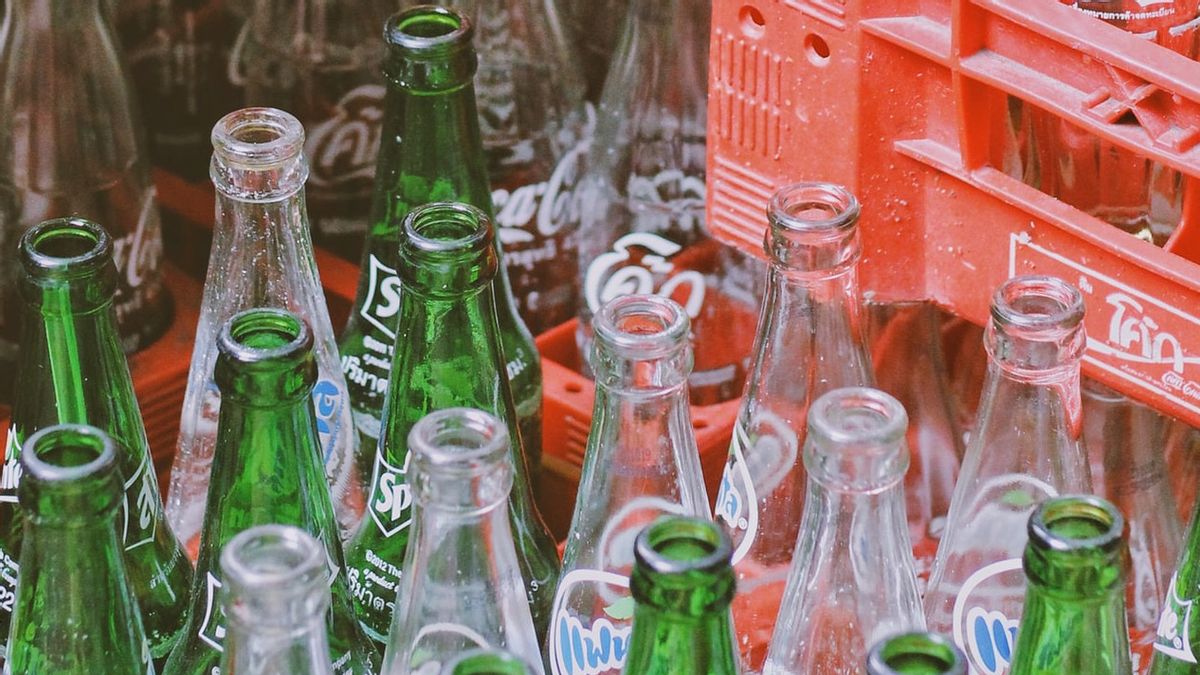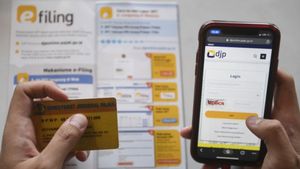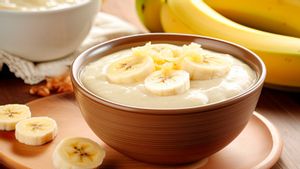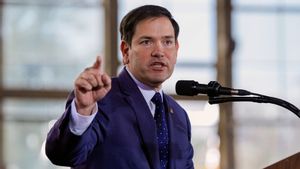JAKARTA - The Minister of Finance (Menkeu) Sri Mulyani Indrawati has suggested that sweetened drinks in packaging can be subject to excise duties. The goal is to reduce diabetes mellitus sufferers in Indonesia, which is increasing every year and attacks people with ages starting from 15 years.
However, if the aim is to reduce the number of people with diabetes, it is more appropriate if the government does socialization about the dangers of the disease. Reflecting on the previous policy, namely cigarette excise. In fact, even though the price of cigarettes has risen, the public will still buy it.
Deputy Chairman of Commission IX Nihayatul Wafiroh said that Indonesian people consume sugar not only drinks that come from outside. Because, according to him, dependence on the use of sugar is the same as the use of flavorings for the people of Indonesia.
"It's part of our culture. Tea will not be said to be sweet if you don't use sugar. Anything is like that. Yes, maybe one way to raise taxes. But the important thing is actually education. What kind of effect, what kind of disease. Like us. eating white rice knows that it has high sugar content. So the important thing is to educate the public, "he said, when contacted by VOI, in Jakarta, Monday, February 24.
Nihayatul assessed that the excise tax policy for sweetened drinks would not have too much impact in reducing the number of diabetes mellitus sufferers. This is because the use of sugar is the culture of Indonesian society.
"In my opinion, it doesn't matter. Now, what percentage of our society consumes (sweetened drinks). But if you want to increase it (taxes), just increase it. But in my opinion there is no significant connection with the reduction in sugar consumption in our society, because of that." cultural issues, "he explained.
Even so, according to Nihayatul, if deemed necessary, the DPR will ask the government to examine this matter. However, not in the near future.
"We see, if it is considered very important, we will open ourselves up. If now I don't think so, because there are many more pressing issues for the BPJS that have not been resolved, then after that the omnibus law, as well as incoming drugs," he said.
Based on Law No. 39/2007 on Excise, the imposition of excise must meet the characteristics and characteristics. Such as to limit the consumption of these goods, oversee the distribution of the goods concerned. Or these consumer goods can damage the environment. But it could also be the imposition of excise as a form of fulfilling a sense of togetherness and justice in society.
Indonesia is not the first country to impose an excise on sweetened drinks. The imposition of excise on sweetened drinks has actually been intensified in various countries. The United Arab Emirates, for example, has set an excise rate of 50 percent and will take effect this year. Meanwhile, soda drinks have been in effect since 2015 with the same amount. Meanwhile, Thailand implemented the policy in 2017 with a gradual increase in excise rates.
For your information, data from the Central Statistics Agency (BPS) shows that consumption of sweetened drinks in the last 20 years has increased significantly. During that time, consumption grew from 50 million liters to 780 million liters.
Indonesia is included in the top 10 countries with the most diabetes cases in the world, is ranked 6th in the results from the Ministry of Health.
The English, Chinese, Japanese, Arabic, and French versions are automatically generated by the AI. So there may still be inaccuracies in translating, please always see Indonesian as our main language. (system supported by DigitalSiber.id)








